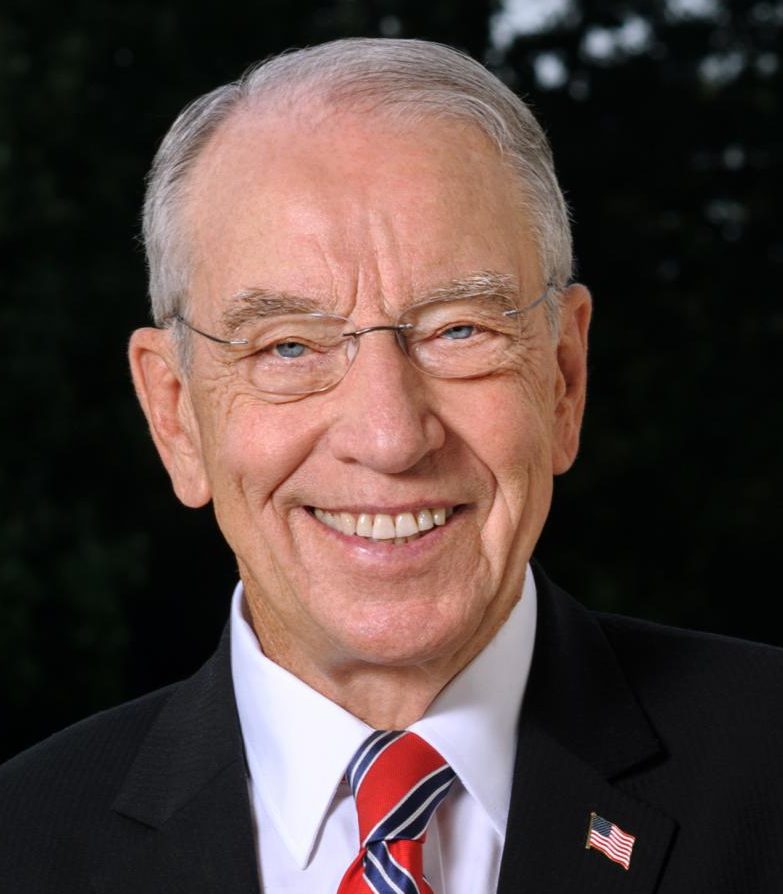Sen. Chuck Grassley (R-Iowa), ranking member of the Senate Judiciary Committee and co-chairman on the Senate Caucus on International Drug Control, issued the following statement regarding the Biden Administration’s proposal to control deadly fentanyl-like drugs.
“For months, I’ve been calling on the Biden administration to get serious about combatting fentanyl knockoffs, which led to a record number of overdose deaths in the United States last year. The plan, released mere weeks before a temporary scheduling authority expires, sets us up for a rushed process that doesn’t allow for the methodical review that this issues demands. While the plan provides some greater certainty on how deadly fentanyl-like substances will be controlled, it appears that the Biden Administration cares more about avoiding new penalties than holding drug traffickers accountable for fueling an opioid epidemic that continues to destroy families and erode communities across the country,” Grassley said.
Opioid overdose deaths rose 30 percent in 2020, fueled largely by engineered substances that mimic fentanyl, an opioid that is 100 times stronger than meth or heroin. While fentanyl is controlled under existing law, fentanyl analogues are more difficult to identify and control. A temporary Drug Enforcement Administration authority allowing fentanyl analogues to be treated as Schedule I controlled substances expires in October. That authority allows for drug offenses to be penalized under longstanding sentencing guidelines, which include minimum sentences for certain quantities of controlled substances.
The administration’s plan makes permanent the Schedule I treatment of fentanyl analogues, but explicitly shields them from the existing penalty structure that has historically brought consistency to penalties for illicit drug offenses. Under the plan, penalties for fentanyl analogue offenses could be far more lenient than in previous years, and sentenced markedly differently than other dangerous drugs at a time when overdoses are surging. Rather than curbing trafficking of fentanyl analogues, such a policy could have the opposite effect: encouraging the use of fentanyl analogues over other, less-deadly substances that carry steeper penalties.

















